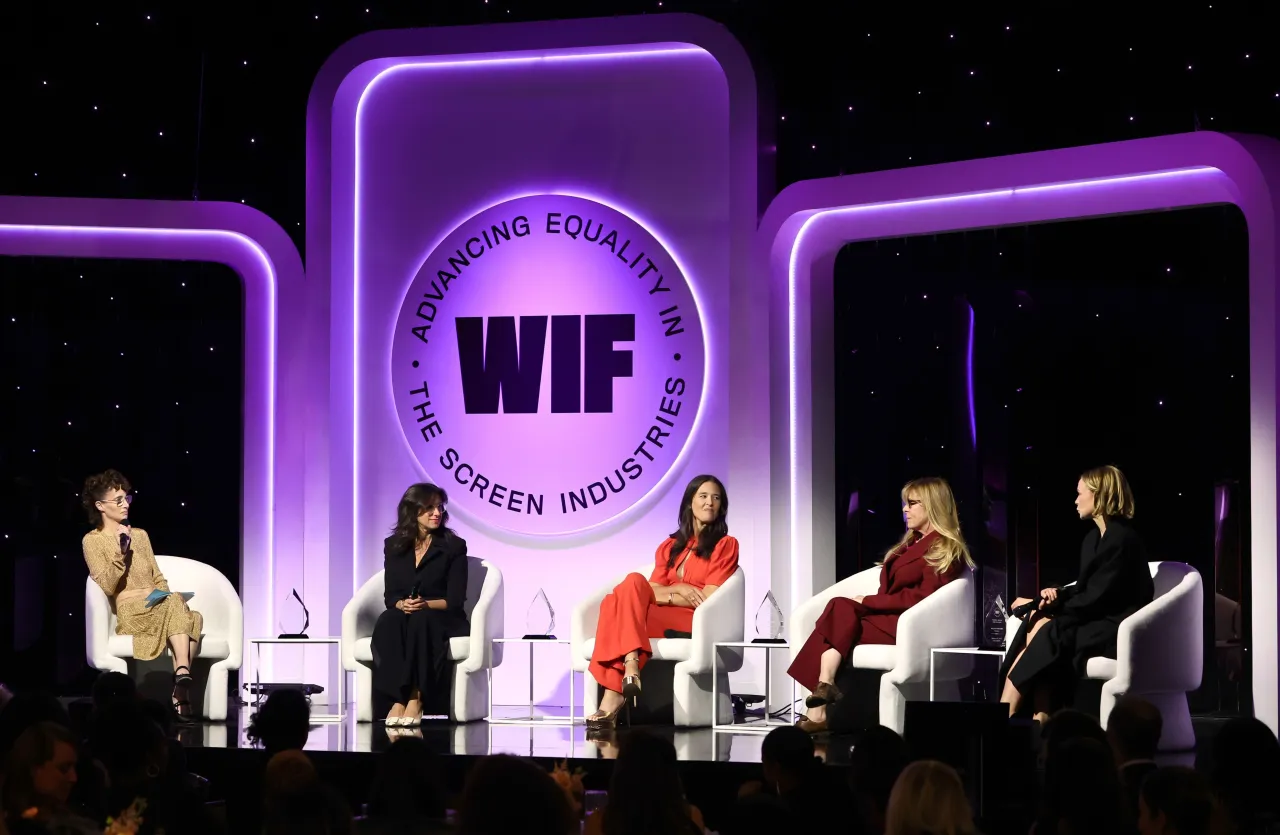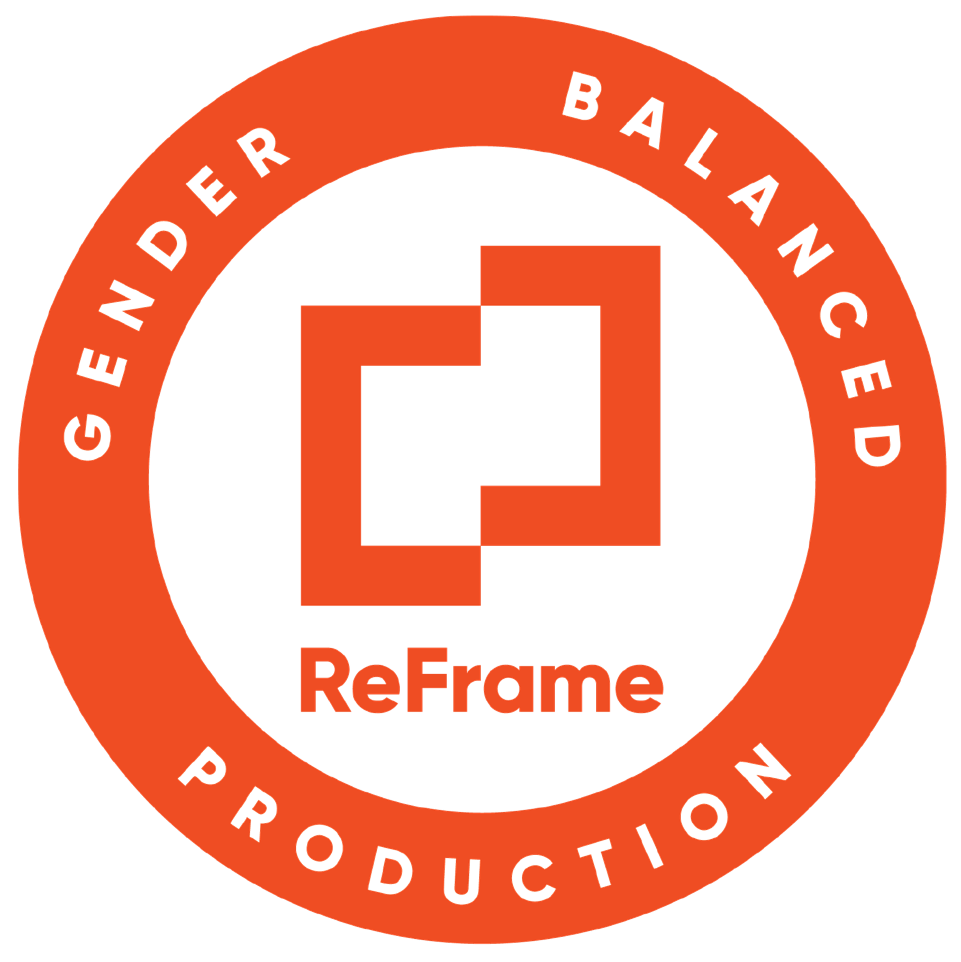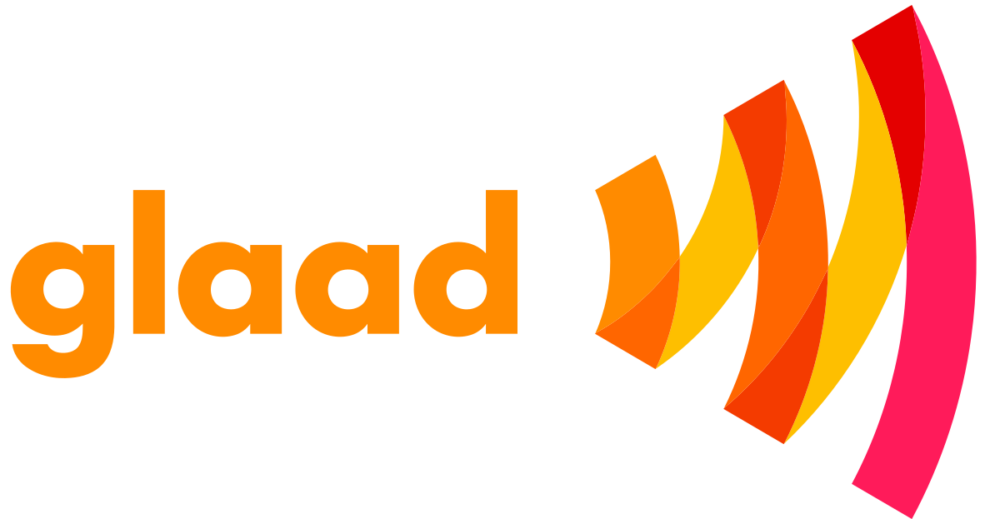Promoting Survivors’ Work
When promoting content that centers sensitive subject matter and participants that are impacted by that subject matter, extra care and attention is merited in developing the project’s outreach strategy. In the case of content about and featuring survivors of sexual harassment and assault, which remains a prevalent issue in Hollywood, we offer recommendations for entering into a safe and equitable promotional campaign.
Partner:



Create screening opportunities for survivors and Silence Breakers.
Actively seek out nonprofits, community groups, and survivor-led initiatives to partner with for pre-release screenings for direct audience feedback from the survivor community. Once a project has been released, create screenings and talkbacks for those same communities. Ensure talkbacks are led and moderated by actual survivors and Silence Breakers.
Learn MoreWhen designing your press strategy, ensure that the survivors and Silence Breakers you’ve hired are prioritized when doing press, whether the project focuses on “survivor issues” or not.
Ensure that your press department has a clear understanding of what subjects and questions are off limits for each individual survivor and make sure those boundaries are respected during press junkets, interviews, etc so as neither to trigger survivors nor to allow the press to use their abuse, rather than their work, as the headline.
Read More
The idea that nothing’s changed, and that #MeToo is just a blip? I don’t think it’s empirically correct. But of course, the problem isn’t solved. This is a global problem that affects women of all backgrounds, all economic strata, all over the world internationally.

Ensure that the press that survivors do is guided by the survivors themselves. For example, some survivors may want to discuss their survivorhood and activism and how it may relate to their role/job and project, while other survivors may want to solely focus on the work. Both should be respected and celebrated.
When releasing a project that may relate to survivor issues, create educational materials and support resources for audiences to access if they want to learn more or are feeling triggered. Consider adding CW or TW for subject matter that may be triggering or sensitive. This goes for issues of abuse and the like but should also be considered for projects that cover things like racism, antisemitism, fatphobia, ableism, misogyny, transphobia, etc.
Learn More
